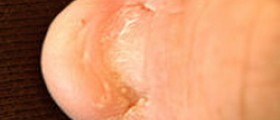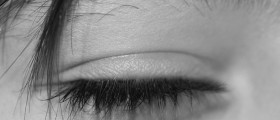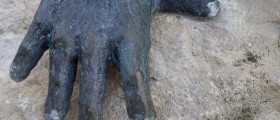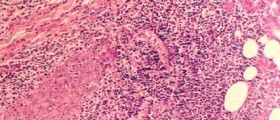
We will talk about a disorder, which is very rare and which affects several body systems and develops short stature, certain facial features, growths located in the mouth and nose area and heart troubles. It is called Costello syndrome and the exact culprit for the development of this syndrome is not discovered yet, but one of the probable causes is genetic mutation. One of the reasons for this statement was found during a research conducted in the DuPont hospital in 2005. This research discovered that 82.5% of the children affected with Costello syndrome have a gene mutation located in the HRAS sequence. As we have said, this is a very rare disorder, which has only affected 150 people by now.
Symptoms
There are several common symptoms associated with Costello syndrome. Some of them include short stature caused by the impaired growing and weight gaining after the birth, excessively loose skin on the feet soles, fingers, palms and neck, nostril and mouth area covered with non-cancerous growths, several distinctive facial features (like wide nostrils, thick lips, thick lobes, ears set low and large head), mental retardation, dry and thick leg, arm, feet and hand skin, and excessively flexible finger joints. There are additional symptoms of the Costello syndrome. One of them is the elbow movement, which becomes restricted, but we can also add to the list a tendon tightening in the back ankle area. Heart diseases such as cardiomyopathy and heart defects can also be caused by the Costello syndrome. There are studies that state that Costello syndrome may lead to non-cancerous and cancerous tumor growths also
Diagnosis
Now we move on to the process of diagnosing the problem. As we have mentioned in the previous lines, the Costello syndrome causes certain physical changes that are easy to detect, so the diagnosis of this disorder is usually based on the physical examination. Also, there are other symptoms present as well. When you visit a doctor, you should mention if your child is having problems with growing, weight or feeding because these are some of the symptoms associated with the Costello syndrome. The diagnosis of this disorder may be aided by the gene mutation testing but this test is not used today for diagnosing the Costello syndrome, although it probably will be used in the future.
Treatment
Since the exact cause is unknown, we can only treat disorders and symptoms present. Cardiology evaluation is advised for those with Costello syndrome, in order to see if heart diseases or defects are present. Treatment will involve occupational therapy, physical therapy, monitoring for orthopedic, spine problems, tumor growths and change in the blood and heart pressure. Life expectancy associated with this disorder is determined by the cancerous tumors or heart problems of the patient.

















Your thoughts on this
Loading...